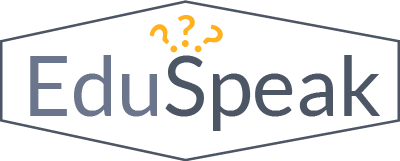
“I want to hear every teacher say that this was the year they learned and improved the most.”
This is Leo Watson’s blue-sky vision for teacher development this year. But trying to tackle a lengthy list of PD topics would stretch his staff too thin. Leo, principal at Simpson-Waverly School in Hartford, CT, knew he needed to focus time and resources on one instructional priority if teachers were to feel like they had truly improved their practice.
This was Simpson-Waverly’s first year using Eureka Math, and implementing this high-quality curriculum would be no small task. Leo decided that the topic they chose to focus on should directly support day-to-day planning and instruction that came from this curriculum, so PD wouldn’t become “just another thing” that was disconnected from teaching and learning. He and his team settled on deepening teachers’ understanding of the math standards and aspects of rigor and applying it to their daily lessons.
Nothing reveals priorities like how you spend your time. Leo dedicated 60% of 85 possible PD opportunities over the course of the year to studying and implementing math standards. “Setting up structures and routines has been critical to ensuring teachers have the time and space to think, talk, and do the math,” says Leo. “Protecting time sends a pretty clear message that this is important work.”
“Setting up structures and routines has been critical to ensuring teachers have the time and space to think, talk, and do the math. Protecting time sends a pretty clear message that this is important work. ”
Leo made sure his teachers were clear on the plan, too. He communicated this priority at the beginning of the year, in workshops and learning sessions, and through bi-weekly newsletters. “Our goal is not to finish the textbook,” Leo told his teachers. “It’s to teach math in a way that translates to real learning.”
One way Leo works toward his goal is to sit alongside his teachers and do the work—studying the language of the standard, identifying the aspects of rigor, and solving math tasks and multi-step problems. “When I do this work, my mind automatically goes to the student. I watch out for those default, traditional approaches and try to push teachers to think about different, even more effective ways to help learning stick,” says Leo. “I find myself having to learn and relearn math every day.” That vulnerability opens the door for teachers to take risks, too, as they create plans to deliver content in a way that results in deep, lasting learning.
“It’s pretty incredible,” Gretchen Osodipe, Leo’s ANet coach, says, “Simpson-Waverly committed to a priority and they are following through on it—it might sound simple, but that doesn’t happen very often. The secret here is focus and consistency, and Leo and his team know that.”

